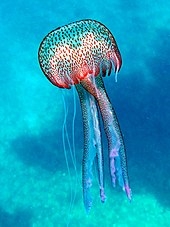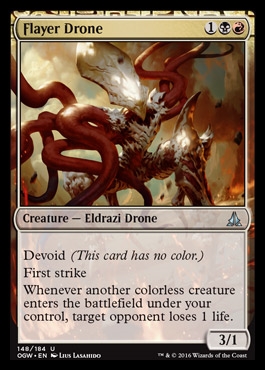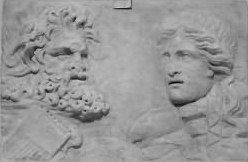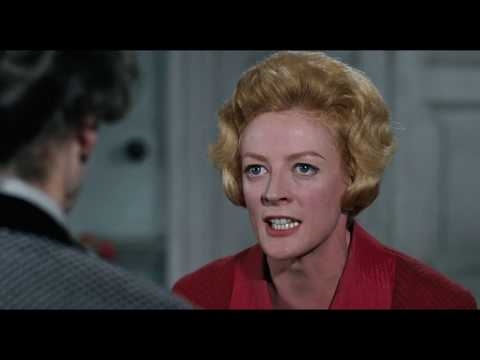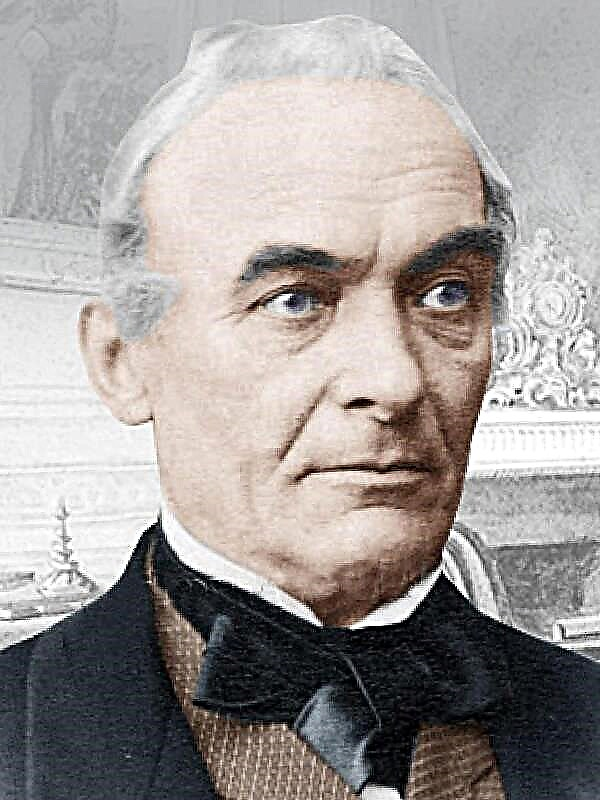Attorney Pierre Patlin
Patlen's lawyer complains to Guillette, his wife, that no one needs his services anymore. In the old days, there was no end to clients, but now he sits without work for whole weeks. Before, they did not deny themselves anything, but now they are forced to walk in rags and eat dry bread crusts. You can’t live like that anymore, something needs to be done. Are there so many simpletons in the world that Patlen - the dodger and the sly - costs nothing to circle around his finger!
The lawyer goes to the cloth-maker, known for all his stinginess. Patlen praises the generosity and kindness of his late father, whom he himself had not seen, even though it was rumored that the old man was just as stubborn as his son. The lawyer casually mentions that the father of the cloth-maker never denied him a loan. Patlen disposes flattering speeches to himself of a gloomy and incredulous cloth-maker and wins his sympathy. In a conversation with him, he casually mentions that he became very wealthy and that all his cellars are full of gold. He would gladly buy cloth, but did not bring money with him.
The lawyer promises to give a triple price for the cloth, but only in the evening, when the cloth-maker comes to supper with him.
Patlen returns home with cloth and tells Guillette how cleverly he blew the cloth-maker. The wife is unhappy: she is afraid that her husband will not be well-fed when the deception is revealed. But the cunning Pat-flax had already figured out how to avoid retribution. When in the evening the miser comes to his house, looking forward to free treats and rejoicing that he has sold his goods so dearly, the lawyer's wife assures the draper that her husband has not left home for several weeks now. It is evident that behind the cloth someone else came and called himself the name of her husband. However, the clothmaker does not believe her and requires money. Finally, Guillette, sobbing, leads the stubborn merchant into Patlene's room, who deftly plays the role of a dying man in front of him. There is nothing for Tom to do but leave without slumber.
Returning home, the clothmaker meets a careless and roguish servant who grazes his sheep, and tears off his anger on him. Now let the servant answer before the court where the sheep disappear: something they too often suffer from sheep pox.
The servant is alarmed, for in fact it was he who stole the master's sheep. He comes to Patlen for help and asks to be his counsel in court. The lawyer agrees, but for a high fee. The cunning man persuades the servant to bleat on all his questions sheep, without saying a single word.
The drafter, his servant and lawyer are in court. Seeing Patlin, alive and healthy, the huncher realizes that he cheated on him and demands to return the cloth or money. Having completely lost his head from anger, he immediately pounced on the servant who was stealing his sheep. The cloth-monger is so furious that the judge does not understand whom and what he accuses. The lawyer tells the judge that the merchant is probably out of his mind. But since the cloth-maker demands proceedings, the lawyer takes up his duties. He begins to ask questions to the servant, but he only bleats like a sheep. Everything is clear to the judge: there are two insane people before him and there can be no talk of any proceedings.
Pleased with such an outcome, the servant, in response to Patlen's demand to pay him the promised amount, bleats sheep -ishly. An annoyed lawyer is forced to admit that this time he was left in the cold.
New Patlen
Attorney Pierre Patlin, a crook and a crook, known to all for his clever and daring antics, is again looking for another simpleton to profit at his expense. In the marketplace, he sees a furrier and decides to trick him in an old, tried-and-true way, as he once had a clothmaker. Having learned the name of the merchant, the lawyer impersonates a close friend of his late father and recalls that either Patrick’s father or his own sister baptized his father. The simple-minded merchant sincerely rejoices at the unexpected meeting. Patlen is asking the bellows to buy them for his distant relative, the priest, but he has no money with him. Therefore, he offers to go to the priest, with whom the furrier can make a profitable deal. The lawyer allegedly, in order to help the merchant, takes on a bale of furs.
Patlen walks up to the priest, who sits in the confessional, and asks him to forgive the sins of his friend, who really wants to confess. He explains to him that he is rich, and is ready to donate a large sum to the church. Unfortunately, he is not completely healthy, he often speaks and raves, but let this not confuse the holy father. The priest, anticipating a generous reward, promises Patlen to listen to his suffering friend.
The lawyer informs the merchant that the deal was concluded and the furrier only needed to get money from the priest: he had to wait for his turn and go into the confessional, while Patlen himself would order lunch in the nearest tavern to celebrate the meeting and a profitable sale of the entire consignment. When a gullible merchant enters the confessional, Patlen picks up a bale of furs and leaves, laughing at the stupidity of an imaginary relative.
Finally, the furrier approaches the priest and demands money from him. He, remembering the lawyer's warning, proceeds to confession, but the merchant does not think to repent of his sins and insistently asks the priest to pay with him for the purchased furs. After some time, both the priest and the merchant realize that the cunning Patlen played a cruel joke with them. The mechanic rushes into the tavern, but Patlena has caught a cold.
Patlin's testament
Patlen’s lawyer is no longer the dodger and rogue, full of strength and enthusiasm, as everyone in the district knew him. He grew old, became sick and weak and feels the approach of the end. When he was young, he easily made money, but now his strength is running out and no one needs him. He still holds the position of a lawyer in court, but now his clients are poor, so his business is not going well. Together with his wife Guillette, he lives his life in poverty and oblivion. One consolation remained in his life - wine.
He is about to go to court, but he feels so bad that he has to go to bed. Having decided that his death hour has come, Pat-flax sends Guillette for a pharmacist and priest. Soon, both come to a lawyer: one in order to try to bring him back to life, the other - to prepare him for the upcoming meeting with the Almighty. The pharmacist persuades Patlen to take powders and medicines, but he refuses all his potions and requires wine. The priest is ready to accept the confession of the dying, but he does not want to hear about the remission of sins and thirsts for only wine. Guillemette begs her husband to think about saving the soul, but he does not heed her prayers, the Priest asks the stubborn man to remember all the sins that he committed in his whole life. Finally, he agrees to tell the holy father about his clever tricks. He boasts that he once pouted a greedy cloth maker, taking six cubits of the best cloth from him and not paying a penny. However, he refuses to talk about how he himself was circled around the finger by the servant of the cloth-maker, after he delivered the thief from the court. Seeing that Patlen’s death is already near, the priest forgives him sins. Now it is time to make a will according to all the rules. But Patlin has nothing, and he bequeaths to his wife an empty casket without a single coin, and to the confessor - the charms of Guillemetta. Saying goodbye to a world in which it was most important for him to eat, drink and cheat, Patlen bequeathed to bury himself in a wine cellar, under a wine barrel, and gives up his breath.





